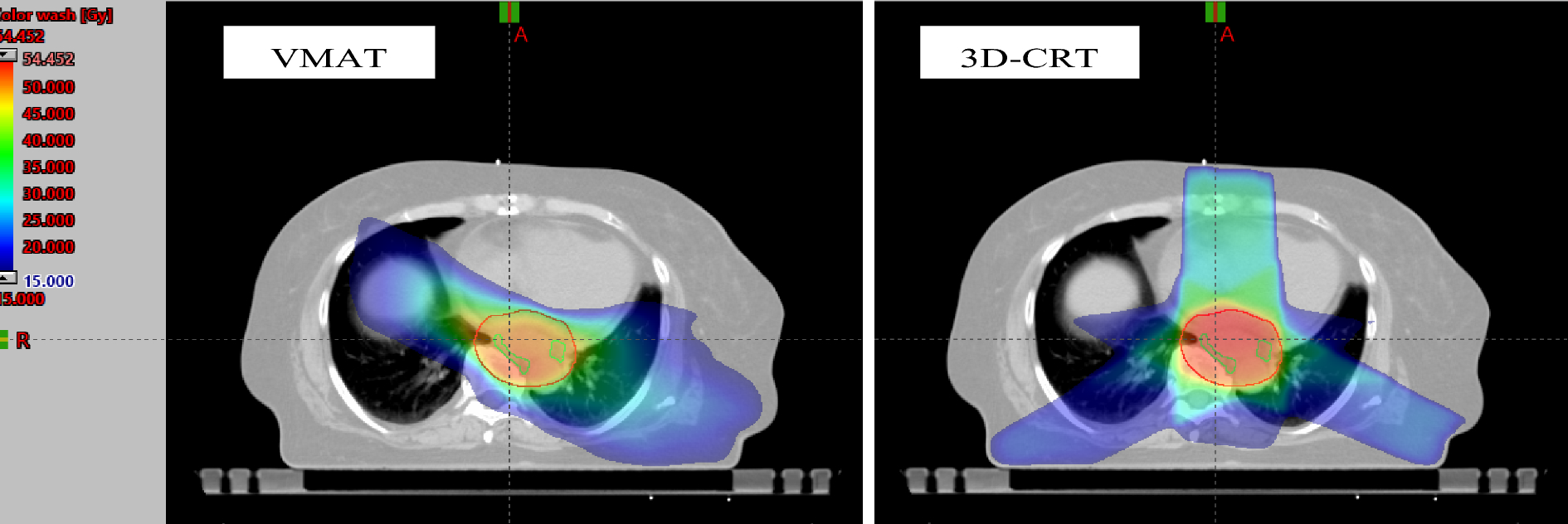- SAM RO
- 0 Comments
Mentorship to expedite recovery
Adya.care The Adya Breast Cancer Recovery Accelerator (CRA) is a 4 week programme designed to help you bounce back faster in the post treatment stage. Participants will have the opportunity to engage with a recovery mentor through two 1-1 sessions, four group sessions with fellow cancer survivors and daily support through simple interactive videos. Mentorship programs […]
- SAM RO
- 0 Comments
Should proton beam therapy for breast cancer be considered?
Proton beam therapy (PBT) is emerging as a promising option in the treatment of breast cancer, particularly in scenarios where minimizing radiation exposure to surrounding organs is crucial. While PBT offers these advantages, it comes with higher costs and logistical considerations. Ongoing research and clinical trials aim to refine patient selection criteria and evaluate its cost-effectiveness, ensuring that the benefits outweigh the challenges.
- SAM RO
- 0 Comments
Pancreatic cancer
Role of Radiotherapy in Borderline and Locally Advanced Pancreatic Cancer Recommendations for RT for patients with pancreatic cancer are typically made based on a few clinical scenarios: Borderline resectable > to sterilise surgical margins Locally advanced > ablative radiotherapy for longer term control Palliative > coeliac plexus SBRT for pain relief, or local […]
- SAM RO
- 0 Comments
Results from a phase III trial Proton Therapy in Head and Neck Cancer
A groundbreaking multi-institution Phase III trial led by The University of Texas MD Anderson Cancer Center reveals that intensity modulated proton therapy (IMPT) provides significant benefits for patients with oropharyngeal cancer. Compared to traditional intensity modulated radiation therapy (IMRT), IMPT showed similar progression-free survival rates but significantly reduced malnutrition and feeding-tube dependence. With a median […]
- SAM RO
- 0 Comments
Data privacy
The protection of your personal data is important to us, and we aim to comply with the requirements ofthe Personal Data Protection Act 2012 (“PDPA”) in respect of the collection, use and disclosure of your personaldata. Please read the our Data Protection Notice for information on how we manage your personal data. If you have any enquiries regarding the our […]
- Looi Wen Shen
- 0 Comments
Skull base tumour webinar
RO-SE will be conducting a webinar on skull base tumours and their management with endoscopic surgery and proton therapy on April 12th, 2024, 8AM.
- SAM RO
- 0 Comments
Esophageal cancer
Esophageal cancer can be broadly classified into two main types based on the type of cells from which the cancer originates: squamous cell carcinoma and adenocarcinoma. Each type has different risk factors, locations within the esophagus, and treatment approaches. The treatment of esophageal cancer can be in several forms. Treatment plans are often determined through […]
- SAM RO
- 0 Comments
Radiotherapy for pediatric cancers
Radiotherapy is a medical treatment that uses high doses of radiation to kill or damage cancer cells. It is a common part of the treatment plan for many types of cancers, including pediatric tumors. The goal of radiotherapy is to target and destroy cancer cells while minimizing damage to surrounding healthy tissues. As childhood cancers […]






